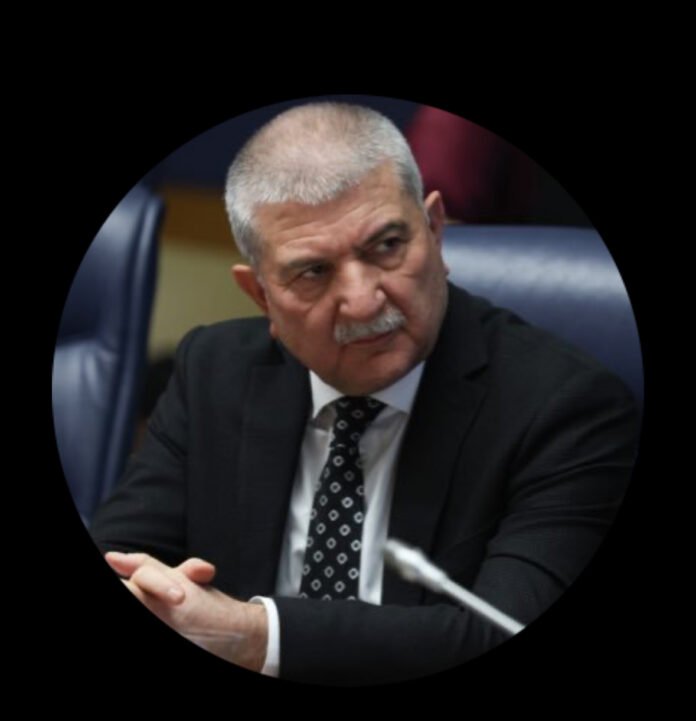By Horn Africa News
HARGEISA/MOGADISHU — A new commentary by regional scholar Dr. C. Kani has reignited debate on Somaliland’s long-standing push for independence, arguing that secession is not viable on cultural or religious grounds but is instead rooted in clan politics and governance failures in Mogadishu.

“Somaliland’s independence is not realistic in terms of ethnicity, religion sect, or language. There is no difference between Somaliland and other parts of Somalia on those criteria,” Dr. Kani wrote on his official account on X, formerly Twitter. “The only difference is clan, and if every clan pursued an independent state, Africa would have more than 500 countries.”
Dr. Kani emphasized that federalism remains the best political framework to address Somalia’s internal divisions.
However, he noted that Somaliland’s case for independence continues to gain traction largely because of persistent instability in Mogadishu.
“The main problem with the Somalia–Somaliland issue is Mogadishu. If Mogadishu solves political and security problems for other parts of Somalia, Somaliland would not have a strong case for independence,” he said.
The remarks come as Somalia’s federal government continues to struggle with political infighting, security challenges from Al-Shabaab, and strained relations with regional states. For Somaliland, which declared independence in 1991 but remains internationally unrecognized, the lack of stability and effective governance in Mogadishu has often been used as justification for its separate path.
Dr. Kani concluded by urging Somali leaders to focus less on blaming Somaliland and more on fixing governance in the capital. “Blaming Somaliland doesn’t help—let’s make Mogadishu work,” he stated.





